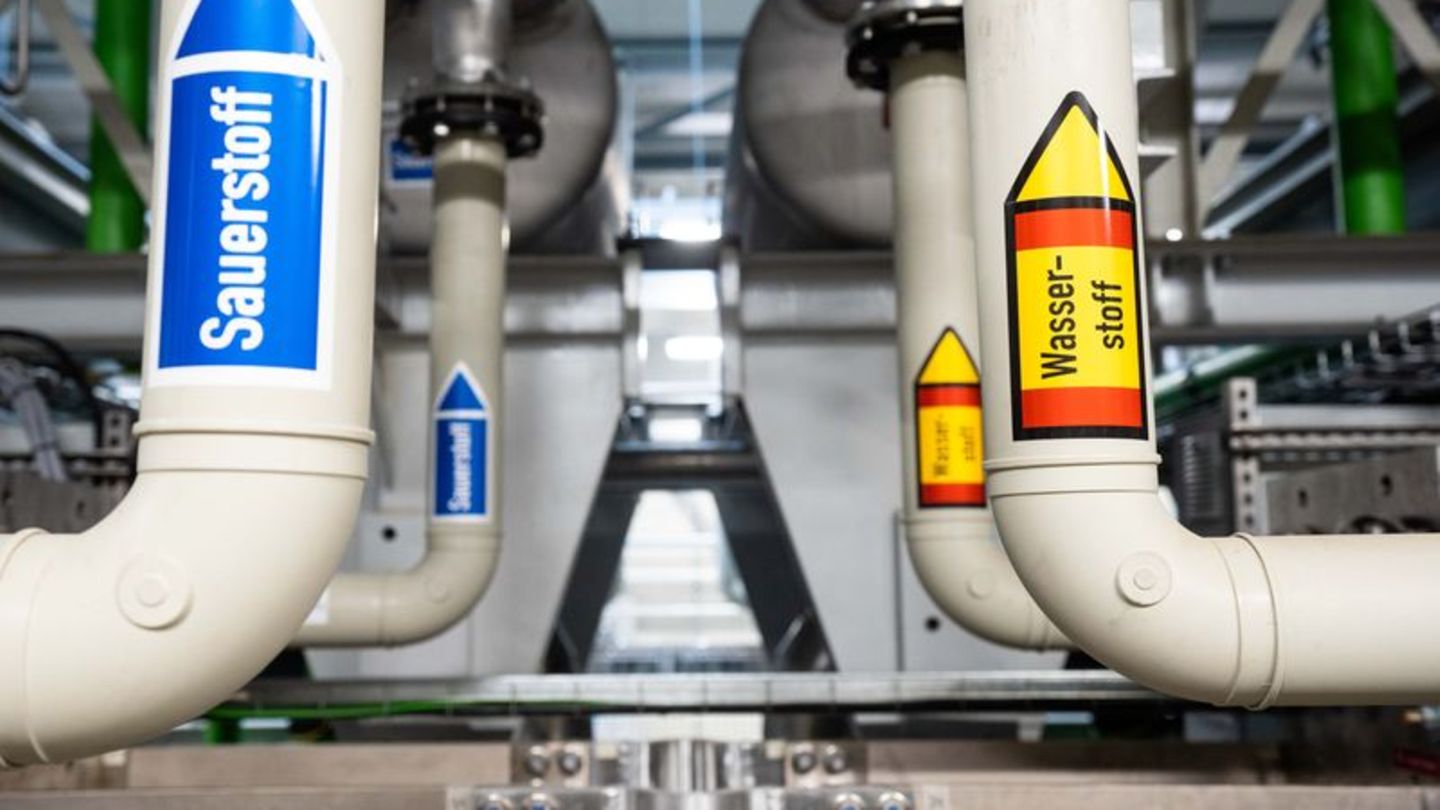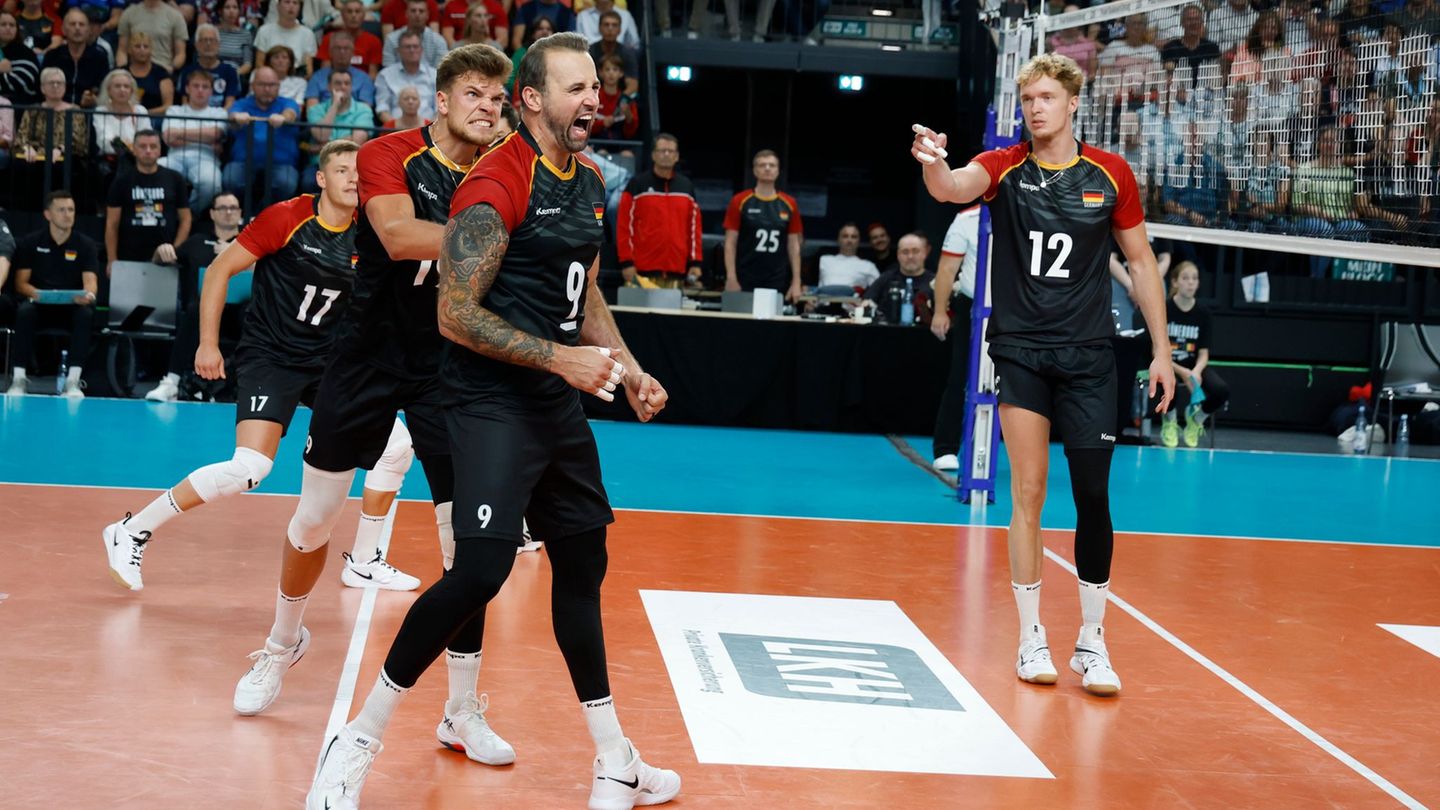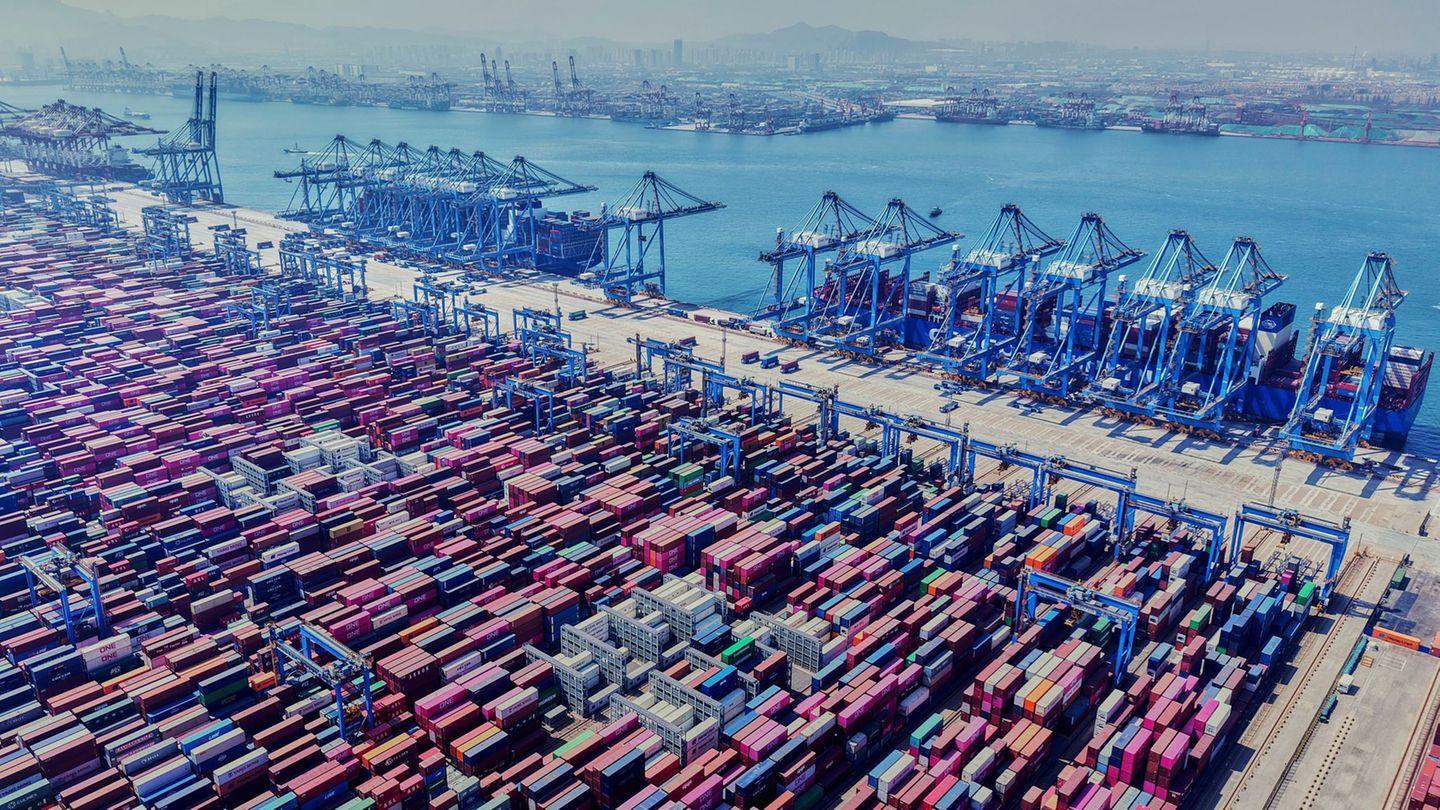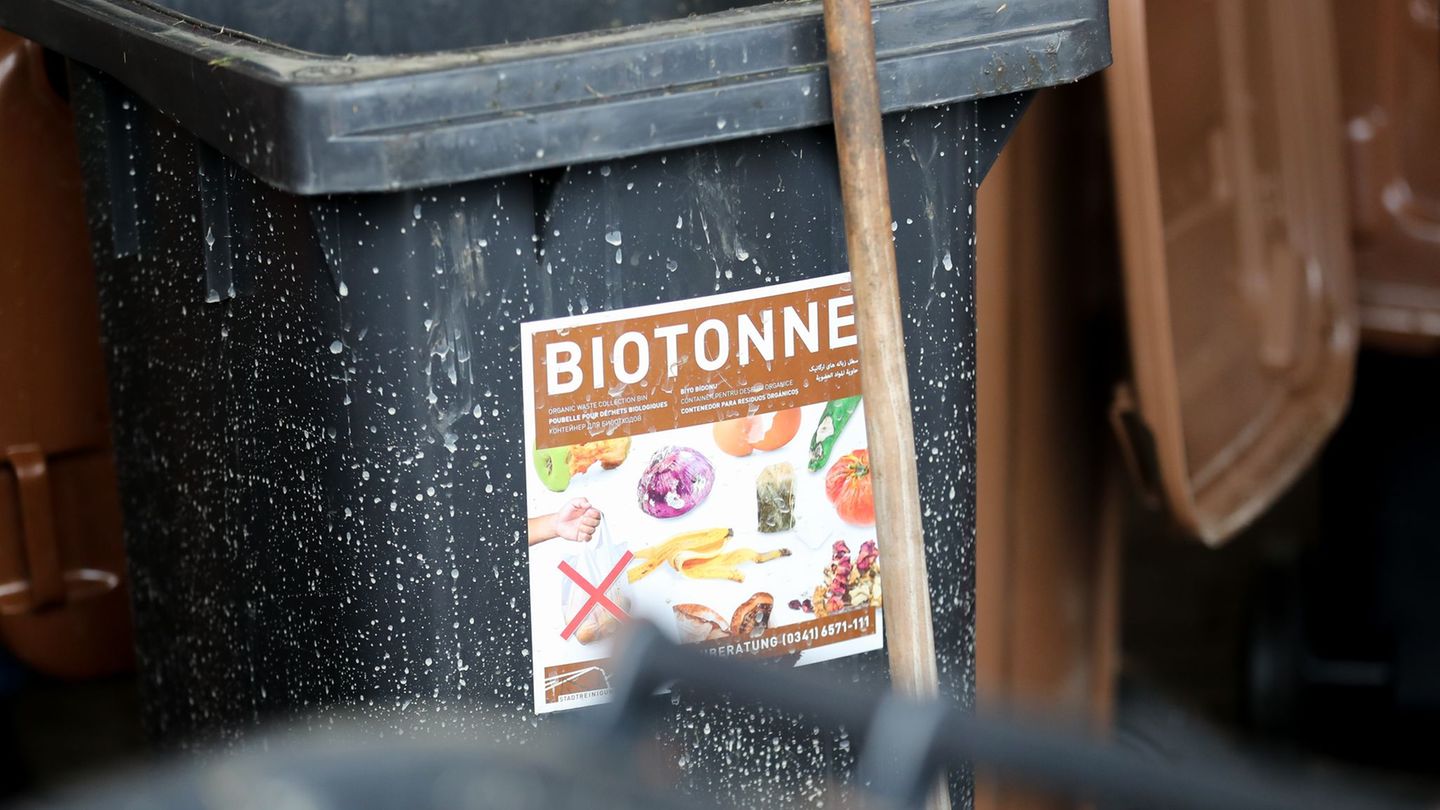The EU also has big plans for hydrogen when it comes to climate protection. However, there is a huge lack of implementation, say industry experts and look to Asia.
Clean hydrogen as an energy source is essential to achieving global climate goals. But Germany and the EU are at risk of missing their own hydrogen targets, according to a newly published study by management consultancy PwC Strategy&.
“Germany is clearly lagging behind its plans,” wrote the industry experts. An electrolysis capacity of 10 gigawatts (GW) is planned by 2030. Not even 0.1 GW is in operation today; projects with 0.55 GW are financed. In order to achieve the goal, Germany would have to build electrolysis plants with 1 to 2 GW and 200 to 400 wind turbines every year. However, only 0.25 GW of expansion was financed in the past two years.
Need for acceleration worldwide
According to PwC, the EU wants to use at least 20 million tons of clean hydrogen in 2030 and produce half of it in Europe itself. However, “the EU is a long way from that.” To do this, it would have to build 120 GW of capacity. Currently, only 0.2 GW of plants are in operation, while plants with 3 GW of output are under construction or financed. In view of its own goals, the EU would have to build plants with an output of 20 GW every year.
According to the study, there is a huge gap worldwide between announcements and implementation: projects with 840 GW have been announced, 15 GW are financed or under construction, and systems with just 1 GW are in operation.
When it comes to plans, Europe is in first place, ahead of Africa and Latin America – when it comes to implementation, China, South Korea and Japan are the leaders. According to PwC, the Asian trio “already has twice as much production capacity in operation, financed or under construction as Europe.” The USA is primarily relying on cheaper hydrogen, which is produced by capturing and storing CO2.
Niemeier sees politics as a duty
“The capital-intensive hydrogen market is still in its infancy and has recently had to struggle with high interest rates and inflation in material prices,” said co-author Dirk Niemeier. Politicians have a duty here: “The biggest barrier is the lack of large-volume purchase contracts, which prevents the financing and thus completion of the production projects.
The prerequisite for such purchase agreements is, in turn, funding that, similar to renewable electricity, compensates for the initial additional costs compared to fossil alternatives.” In addition, renewable energy is necessary for clean hydrogen, but is in short supply.
Source: Stern




